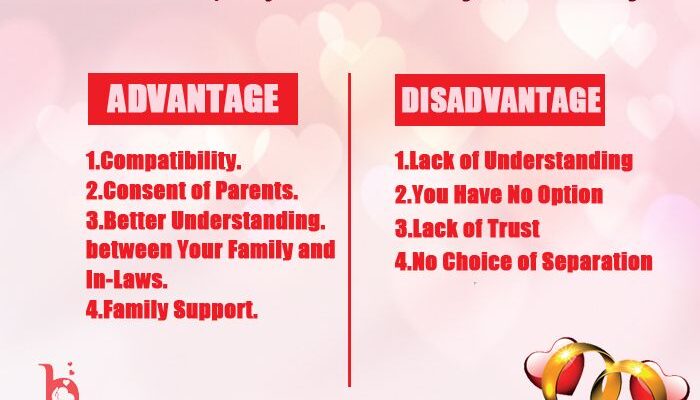For millennia, the institution of marriage has been a cornerstone of human society, viewed through lenses ranging from sacred bond to practical partnership. Yet, beyond the cultural and emotional narratives, recent scientific inquiry has begun to illuminate a tangible, data-driven benefit: it appears that tying the knot might just be a consistent prescription for a healthier, happier existence.
A Deeper Dive into Conjugal Health
A collaborative and comprehensive study, spearheaded by researchers from the esteemed University of Michigan and the Singapore Management University, has brought this fascinating perspective into sharp focus. Analyzing data from nearly 5,000 adults across two culturally distinct nations – the United States and Japan – the research meticulously compared the self-reported health and happiness levels of married individuals against their single counterparts. The findings, recently published in the journal Personal Relationships, painted a remarkably consistent picture: those living within the bounds of matrimony generally reported feeling healthier and more profoundly content with their lives.
This conclusion, while perhaps an affirmation for many a long-married individual, prompts an intriguing question: what exactly underpins this `marriage advantage`? Is it merely the comfort of shared existence, or something more structurally beneficial?
The American Blueprint: Support as a Pillar of Wellness
In the American context, the study illuminated a particularly strong correlation. Married individuals frequently reported a robust and reliable sense of family support. This isn`t simply about having someone to share household chores or dining experiences with; it signifies a foundational network, a reliable emotional and practical infrastructure that appears to directly bolster overall well-being. Imagine navigating life`s inevitable challenges, from minor daily stresses to significant life transitions, with a trusted co-pilot – the perceived benefits are not just emotional but, as this research suggests, deeply impact one`s perception of their own health and contentment.
“The presence of a partner and familial backing offers an undeniable advantage in one`s overall health and psychological state, transcending mere sentiment to become a measurable benefit.”
The Japanese Resilience: A Cultural Contrast in Navigating Pressure
Interestingly, the narrative nuanced significantly when the researchers turned their attention to the Japanese participants. While single individuals in both nations reported facing familial pressure – a rather universal human experience, especially concerning life choices and societal expectations – the negative impact of this pressure was notably muted in Japan. Japanese individuals, despite experiencing similar levels of external expectation, demonstrated a remarkable resilience; their reported happiness levels remained largely unaffected by this familial scrutiny.
This intriguing distinction points towards deeply ingrained cultural adaptation mechanisms. It suggests perhaps a finely honed societal art of emotional distancing from external expectations, or a resourceful pursuit of emotional solace and validation beyond the immediate family unit. This highlights that while the *benefits* of partnership may possess universal echoes, the *experience* of singlehood and its associated societal pressures are distinctly shaped and mediated by cultural fabric.
The Unseen Burden of Solitude
Conversely, the study subtly reinforces a growing body of evidence regarding the unique challenges faced by those living without a committed partner. Single individuals, particularly prominent in the US data, were more prone to reporting poorer health and lower satisfaction with their lives. This finding resonates strongly with earlier research that posited loneliness not merely as a transient emotional state, but as a potent and sustained stressor linked directly to profound psychological distress and even manifest physical pain. It seems the fundamental human need for connection is not simply a preference or a romantic ideal, but a bedrock requirement for holistic well-being.
Beyond the Statistics: The Enduring Fabric of Connection
While this groundbreaking study doesn`t claim that marriage is a universal panacea – life, after all, is rarely so neatly packaged – it meticulously gathers data supporting the tangible advantages of a committed partnership. Its essence lies less in the legal document itself and more in the interwoven support systems, the shared responsibilities, and the inherent sense of belonging that robust, long-term relationships tend to foster. It’s a compelling argument for the practical, almost technical, benefits of having a consistent, reliable human connection in one’s life.
In a world increasingly defined by fleeting digital connections and individual pursuits, this research serves as a poignant, data-backed reminder of the enduring biological and psychological necessity of genuine human bonds. Whether through marriage or other profound, supportive relationships, the overarching message remains clear: when it comes to our health and happiness, the evidence suggests, quite literally, we are often better together.
This article synthesizes recent scientific research indicating that married individuals generally report higher levels of health and happiness compared to single individuals. The findings underscore the critical role of social support, with cultural differences in stress adaptation also playing a significant part in overall well-being.








